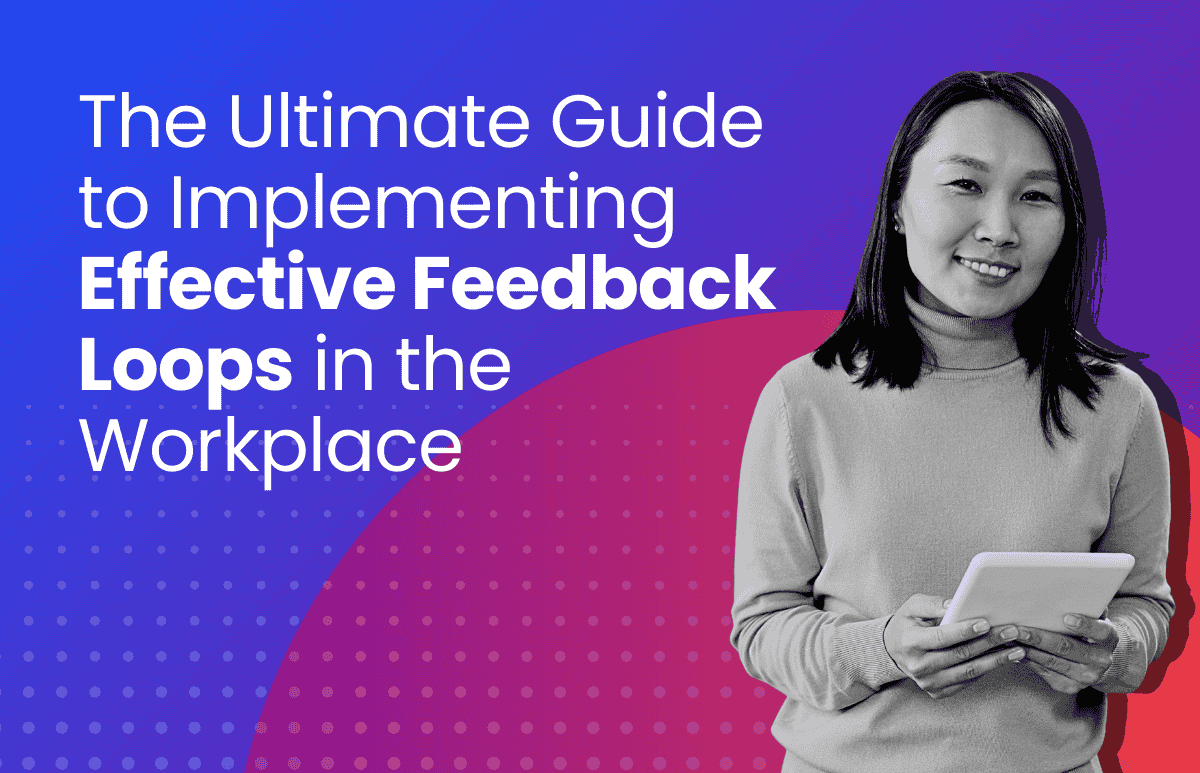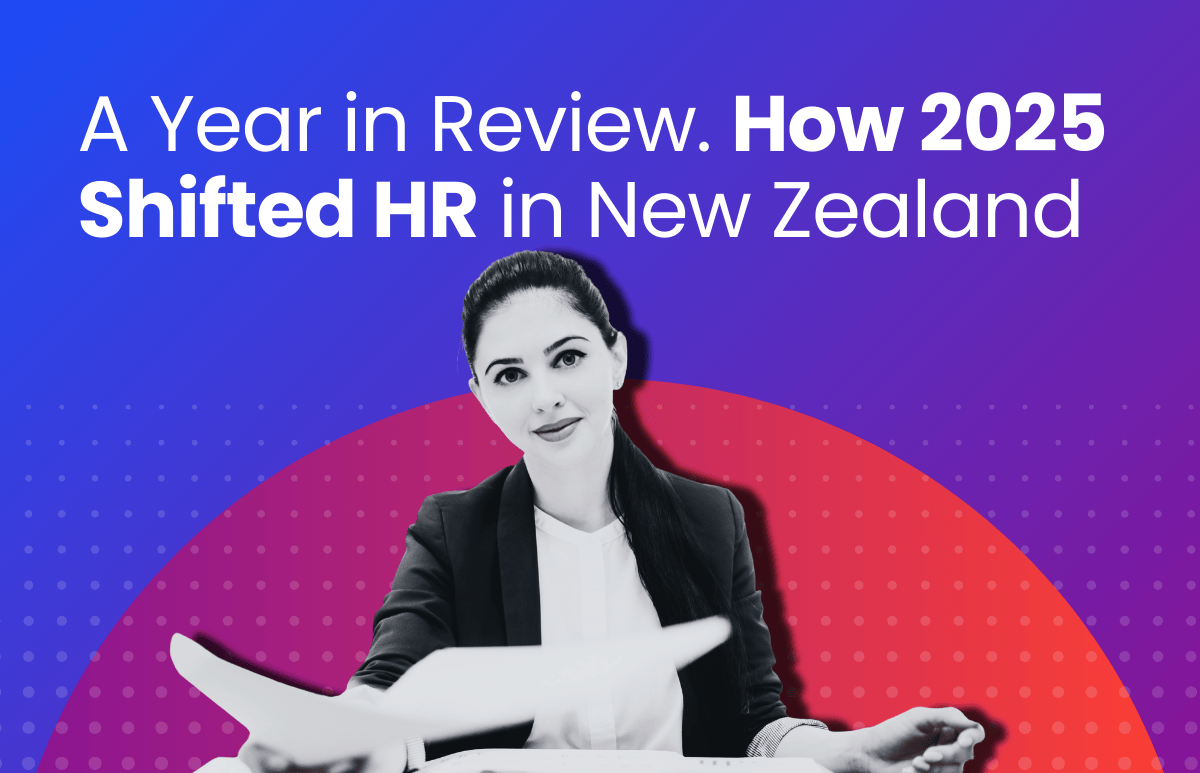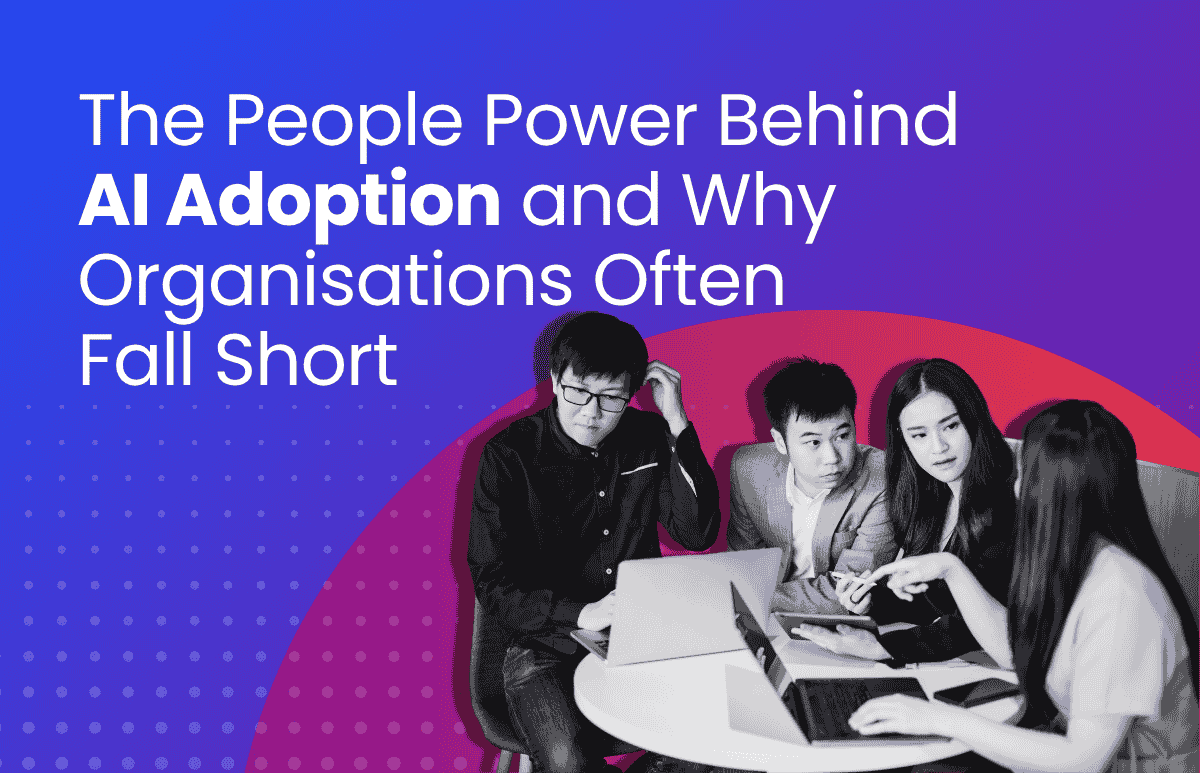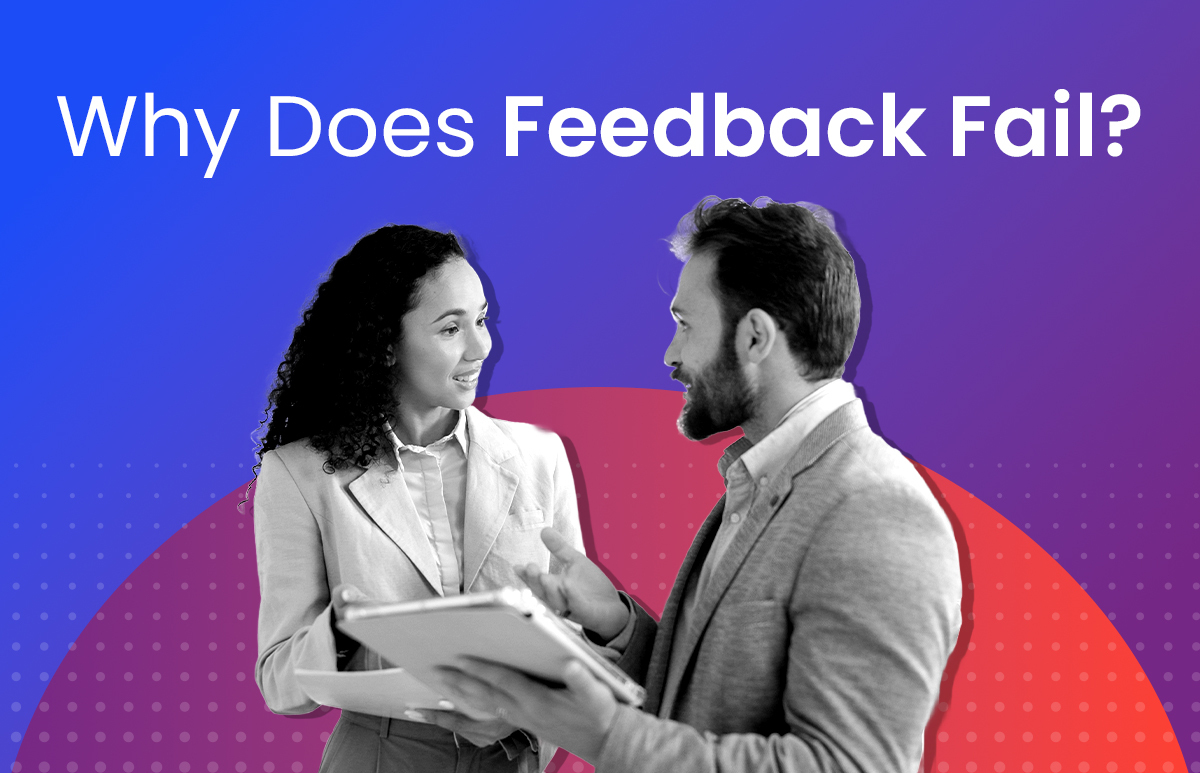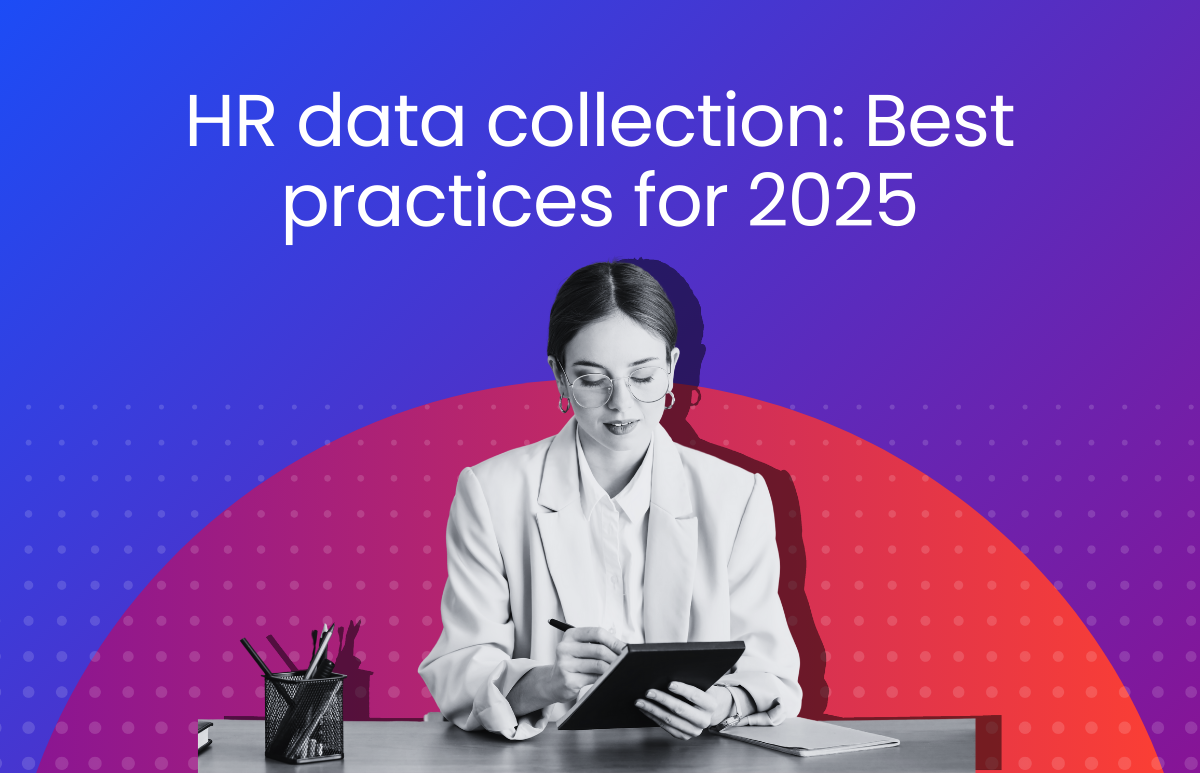The “Platform” Approach to Talent Management & Acquisition

The recently-released 2018 Global Talent Trends Study from Mercer suggests that one way to address today’s talent challenges is to adopt a “platform” approach to talent management. What does that mean exactly? You’re already familiar with the platform economy: it consists of the likes of Uber for transport, Deliveroo for food delivery and Airbnb for accommodation. Hallmarks of these platforms are the provision of services on-demand, in real-time via mobile platforms. These disruptors thrive by cutting out the “middle man” – bricks & mortar retailers, call centres, agents, etc – and empowering consumers to undertake those tasks themselves.
How does this apply to the workplace and its talent needs? Mercer suggests the platform approach to talent raises expectations of what is possible at work – from the sharing of talent to the democratisation of opportunities. It also enables employers to more effectively connect with and utilise “gig economy” workers: contractors, freelancers and project workers.
“It’s no surprise this is being thought of as the next leap in talent management,” the study states. “In this new model, the organisation is no longer a hierarchy of employees. Instead, it’s a smart platform that matches skill supply with work demand while maximising human creativity and ambition – connecting people to their passion projects, connecting organisations to the skills they need in real time, and connecting HR to the capabilities that drive business growth.”
In such an environment, snail-paced HR processes won’t work. ELMO has previously talked about the damage caused by slow recruitment processes; in this “human age” (Mercer’s title for today’s workplace), the greatest ROI will come from speeding up the movement of jobs to people and people to jobs. A platform for talent also relies heavily on analytics, so that HR knows where to buy, build, or borrow talent to yield the optimal return.
“Employers want a talent system that can match their appetite for growth and help them leverage their best talent to the greatest potential. This vision requires a fundamental shift in how we source, deploy, and think about talent,” the paper states.
What does this mean in practice? The key is to create a “talent ecosystem” of diverse people with individual personalities and unique experiences. To do this requires:
- Better supply information. Understand the talent in your ecosystem (internal and external), capacity gaps, and blockages in the pipeline
- Better demand information. Translate business needs into talent needs, while viewing job openings as learning opportunities
- More efficient deployment mechanisms. Match supply and demand, build capability, and get people up to speed quickly
- Talent intelligence. Optimise performance and identify human capital risk through data, feedback, and AI
Everyone is responsible for contributing data to the talent ecosystem: individuals create a profile defining their skills and aspirations; organisations post new opportunities. Artificial Intelligence meanwhile streamlines the process by predicting the skills that will be needed and monitoring individual contributions and productivity.
Components of the talent ecosystem:
- Internal – employees
- Partnership – exchanging talent with other companies
- Freelance – leveraging independent talent
- Crowdsourced – drawing on the wisdom of the crowd
- Co-opetition – collaborating with the competition
Sharing talent and collaborating with the competition on talent-related matters is a far-cry from the “war for talent” talked about for the past decade. However, with more than half of surveyed executives believing that at least 20% of the roles in their organisation will cease to exist by 2022, and as perceptions of what constitutes a workplace and how we undertake work itself changes, the platform approach to talent management makes sense.
It’s also potentially win-win for employers and workers. The paper states: “A platform approach enables core and contingent workers to plug into an organisational structure that matches their evolving skillsets with business needs in real time.”
ELMO Cloud HR & Payroll helps organisations automate, streamline and manage talent sourcing, engagement, development and retention processes through an integrated cloud-based software suite To find out more, contact us.
 HR Core
HR Core 